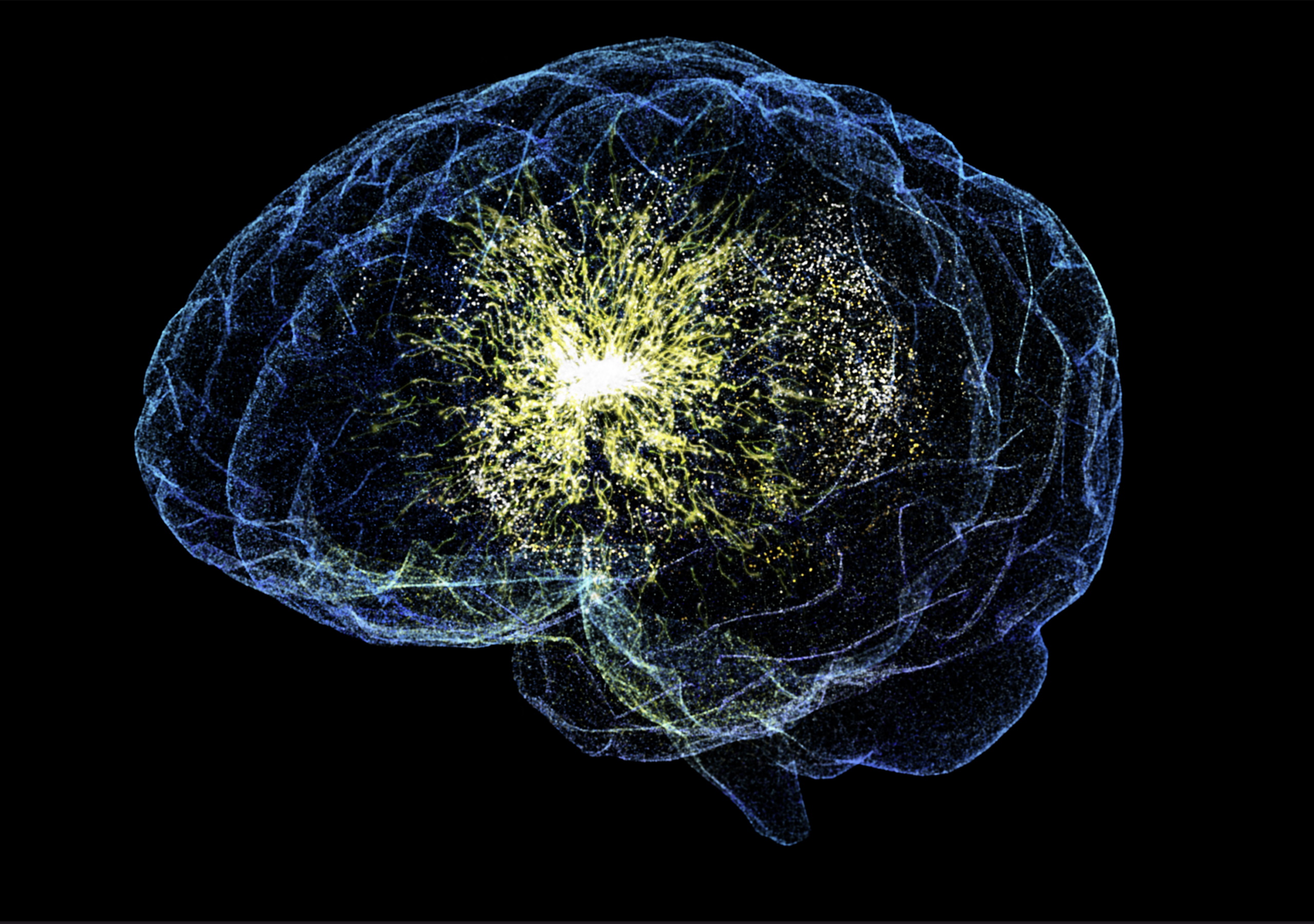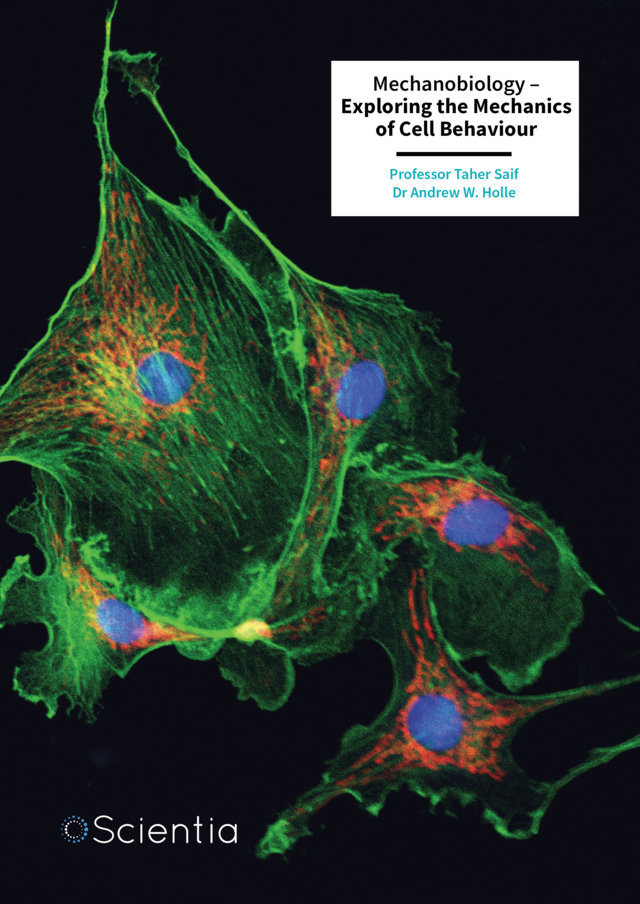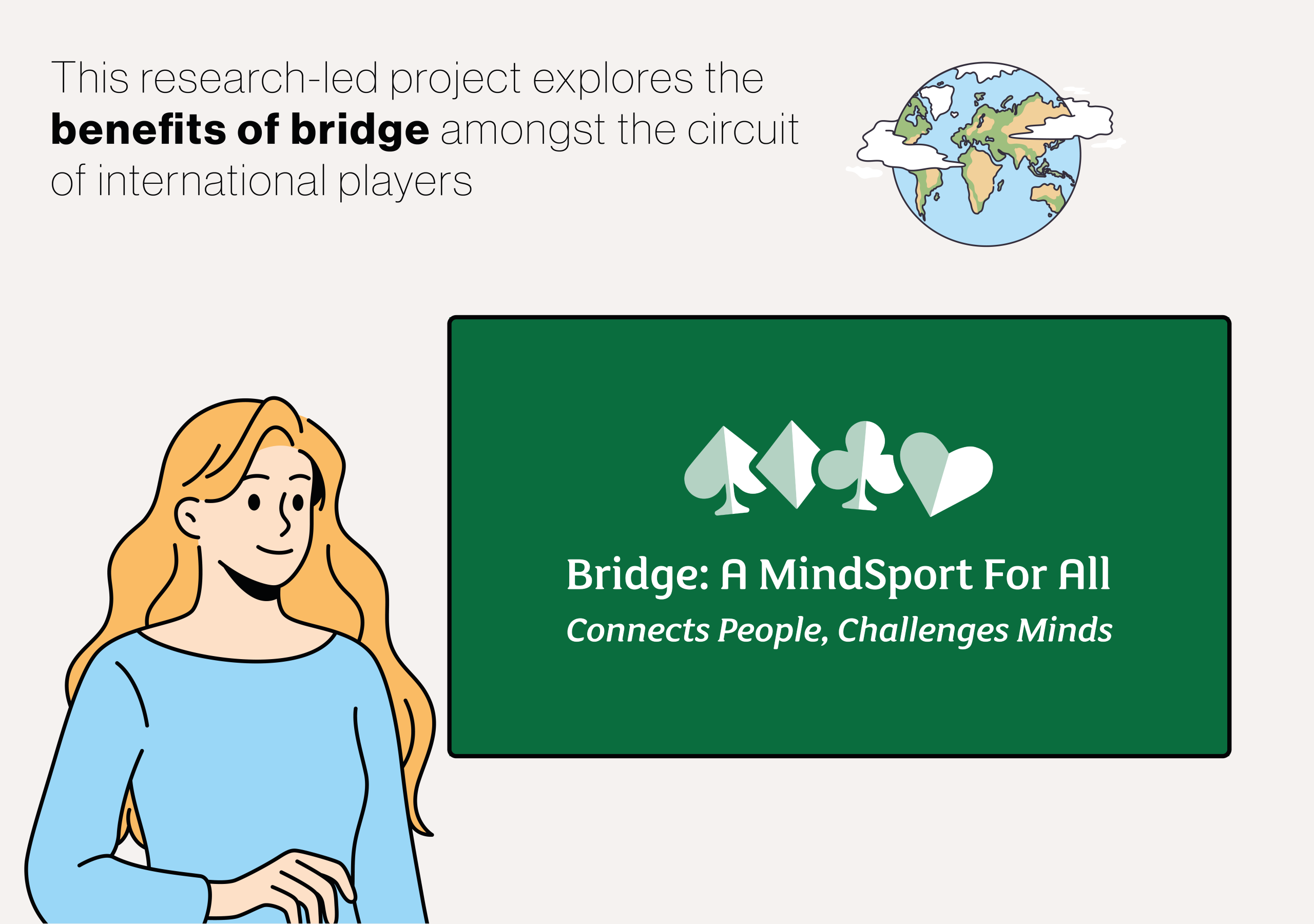Individuals with dyslexia encounter difficulties in learning to read, despite possessing a normal level of intelligence and having access to qualified teachers and educational materials. However, the causes of dyslexia remain disputed. One suggestion is that dyslexia may be related to stress, either experienced by the afflicted individual at a young age, or through inheriting stress-related biological changes from their parents. Dr John Kershner, a neuropsychologist at the University of Toronto, has conducted extensive research on this alternative hypothesis and provides compelling evidence to support this emerging concept. More
Dyslexia is a learning impairment that results in difficulties acquiring reading skills at an early age. The mechanisms through which dyslexia manifests have traditionally been attributed to patterns of familial inheritance. An emerging school of thought, based on advances in developmental evolutionary biology, suggests that altered brain development in dyslexic individuals may be attributable to a child’s genetic makeup interacting with early exposure to adverse environmental circumstances, primarily prenatal and postnatal stress, violence, and abuse.
Stress is a normal part of everyday life, and the brain can simultaneously balance stress management while maximizing learning capabilities. Indeed, stress is thought to be essential for survival, and should not be presumed a dysfunctional response, but rather a tightly modulated and necessary emotional state.
However, in situations where prolonged or extreme stress extends beyond an individual’s coping threshold, the brain’s molecular balance can be thrown off kilter. The maturation of the brain may alter its time-course to blunt the stress reaction, but this can negatively affect pliability and subsequently reduce the child’s ability to maintain the attentional controls needed for academic success in the early school grades. In addition, learning is easier for youngsters who have a sense of emotional stability and physical safety in their daily lives.
Taking full advantage of this greater understanding of children’s brain development in the context of acquiring literacy skills, Dr John Kershner at the University of Toronto has delved into the intriguing relationship between the evolutionary processes involved in the development of dyslexia.
Contrary to the popular notion that the main culprit in dyslexia is a genetic anomaly involving genes that code for reading ability, it is an accepted tenet in evolutionary biology that the invention of written language is too recent for evolution to have established a genetic blueprint to enable the brain to read. There are multiple genes to manage exposure to stress but there is no gene for reading. With the help of teachers and home instruction, children must program a new territory in the brain to learn how to read.
This absence of a pre-set inherited brain circuit for reading presents a huge educational challenge. Widespread functional and structural changes must take place in the brain during initial reading instruction for it to be successful. The difficulty of reorganizing and activating this new brain region, unprepared for reading, lies at the core of dyslexia. Early life stress upsets the brain’s molecular and cellular balance needed to easily make this dramatic adjustment to the processing demands of a new function.
Dr Kershner challenges the frequent assumption that dyslexia results from structural brain irregularities, but rather stems from normal biological variations in protective responses against prolonged stress. Furthermore, he infers that dyslexia may be the product of an evolutionarily conserved reaction to stress following historical traumatic experiences, which accounts for the variability in brain anatomy and stress responses between individuals.
The human brain is an intricate regionalised complex of neurons and nerves, which interact with one another to maintain a delicate molecular balance. The brain is also remarkably malleable, enabling adaptive changes to occur in response to educational and environmental influences.
In optimal circumstances, attentional resources are equally divided between defensive behaviours designed to react to anxiety and danger, and cognitive processes that facilitate learning. However, when the external environment is perceived as highly threatening, the brain’s reactive system preferentially attempts to manage stress, channelling energy and processing resources away from learning and intellectual growth.
People with dyslexia express higher levels of activation of stress-related genes compared to non-dyslexic people, and tend to exhibit more disturbances in the brain’s stress-linked molecular and cellular balance.
Another way in which stress may adversely affect the learning capacity of the brain is during the conversion by neurons of electro-chemical vibrations produced by different frequencies in the flow of speech. During childhood, stress negatively influences the brain’s ability to develop the architecture necessary to consolidate this feature.
Usually, in non-stressful environments, the auditory receptive system in the brain assimilates relevant sensory and linguistic features of incoming speech by modulating frequencies of varying intensity. This early assimilation process programs the brain for later use of this capability to support speech comprehension, attention, memory, and the ability to process written language.
Different frequencies represent different sound properties of speech, such as rhythmic patterns, intonation, and syllables. Once encoded, they become essential for reading acquisition and fluency by controlling the integration of these assimilated sounds of language with the perceptual inputs of written letters, words, and sentences. So, the early ability to assimilate the frequencies of speech sets up the neurological pathway for beginning reading, reading comprehension, and following the narrative flow of a storyline.
Evidence suggests that the detection of low-frequency vibrations is fundamental to this process and is particularly affected by stress. Detecting such low-frequency vibrations is important for developing reading skills. Research has shown that individuals with dyslexia display atypical encoding of low-frequency vibrations, which may be a secondary causative factor in dyslexia.
These discoveries call for a reconsideration of the nature of dyslexia. However, it is certainly possible that there are other causes and mechanisms at play throughout the population. Comprehensive, far-reaching studies are needed to determine the percentage of dyslexia cases that are attributable to stress compared to those that result from rare genetic anomalies or other diverse causes.
This will facilitate the critical need for a refined and well-rounded evolutionary model of dyslexia.
It is becoming clear that the causes of dyslexia are multifactorial and include contributions from interactions between genetics and environmental influences that can alter brain structure and function. The preliminary findings described here are an exciting development in uncovering the mechanisms underlying the occurrence of dyslexia.
In the future, testing for neuro-hormonal indicators of stress and observing reading-related altered brain structure and function could assist in determining whether early traumatic experiences are a definitive cause of dyslexia and whether it holds true across different populations. Such tests could also uncover the point at which stress switches from beneficial to harmful at the cellular level.
Indeed, if exposure to extreme stresses in early life can be confirmed as a root cause of dyslexia, improvements to the quality of parental care and the educational environment may help to reduce reading-related struggles.
Additionally, an individual’s risk of developing dyslexia could be assessed and preventative measures could be applied, potentially reducing severity, and preventing the condition from being passed down to the next generation. By gaining a better understanding of dyslexia, we can disperse the taboo surrounding its causes, and move away from the belief that it is a neurological abnormality that cannot be fixed.
The dedication of Dr Kershner to solving this puzzle will contribute immensely to unravelling the mysteries of this debilitating condition, which affects the lives of many people throughout childhood and beyond.








